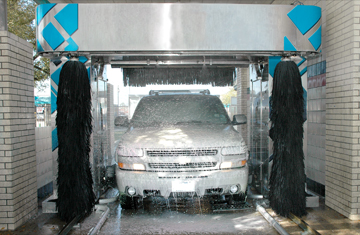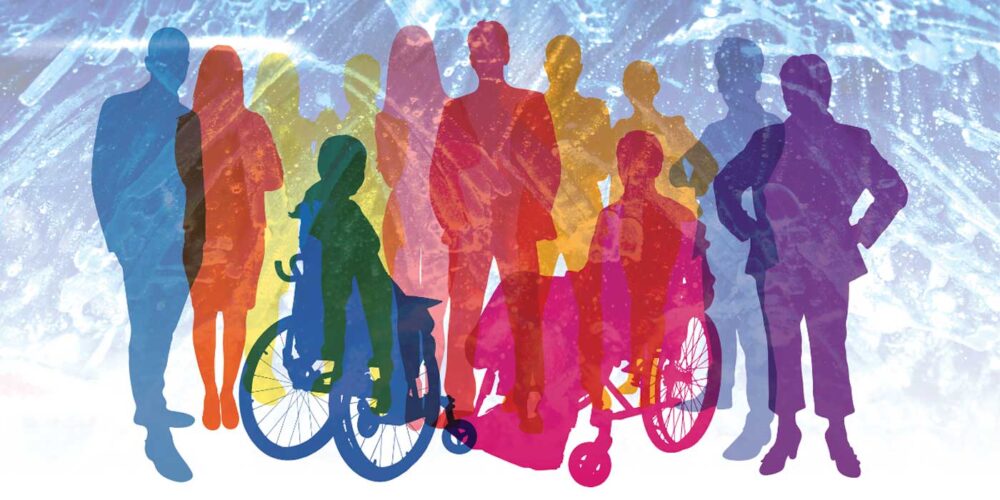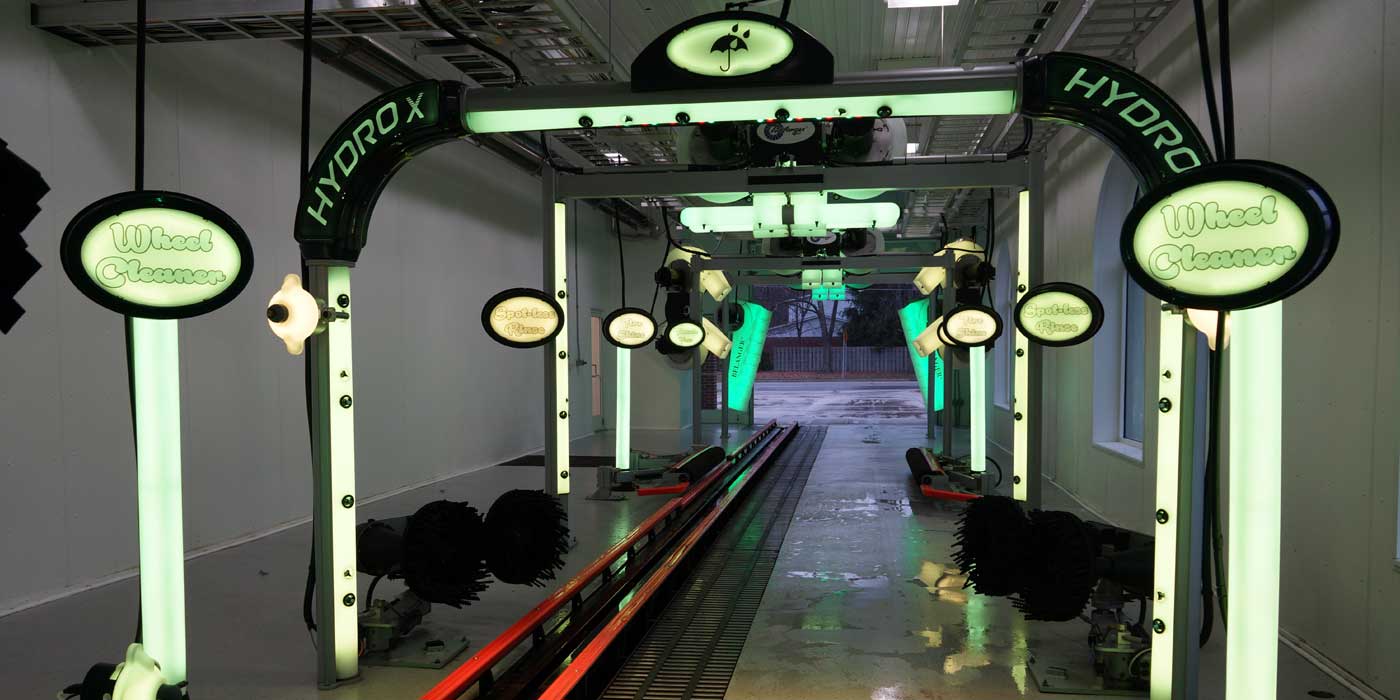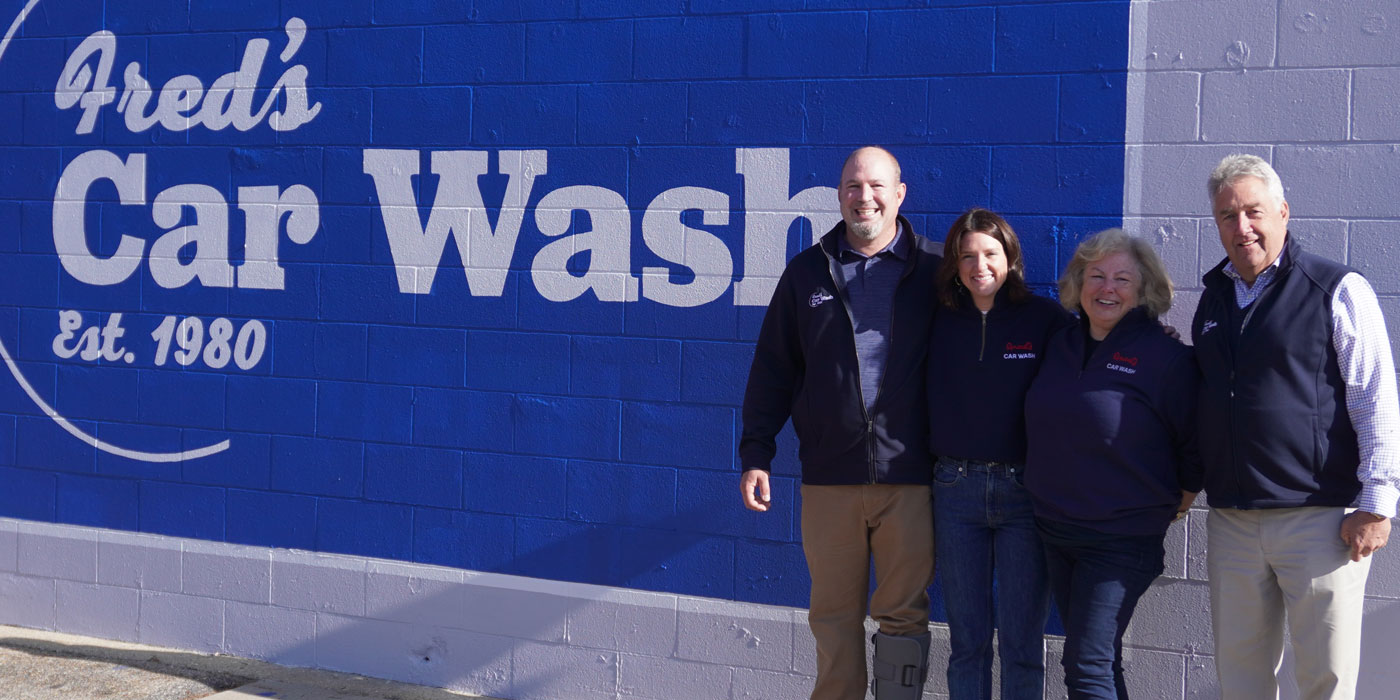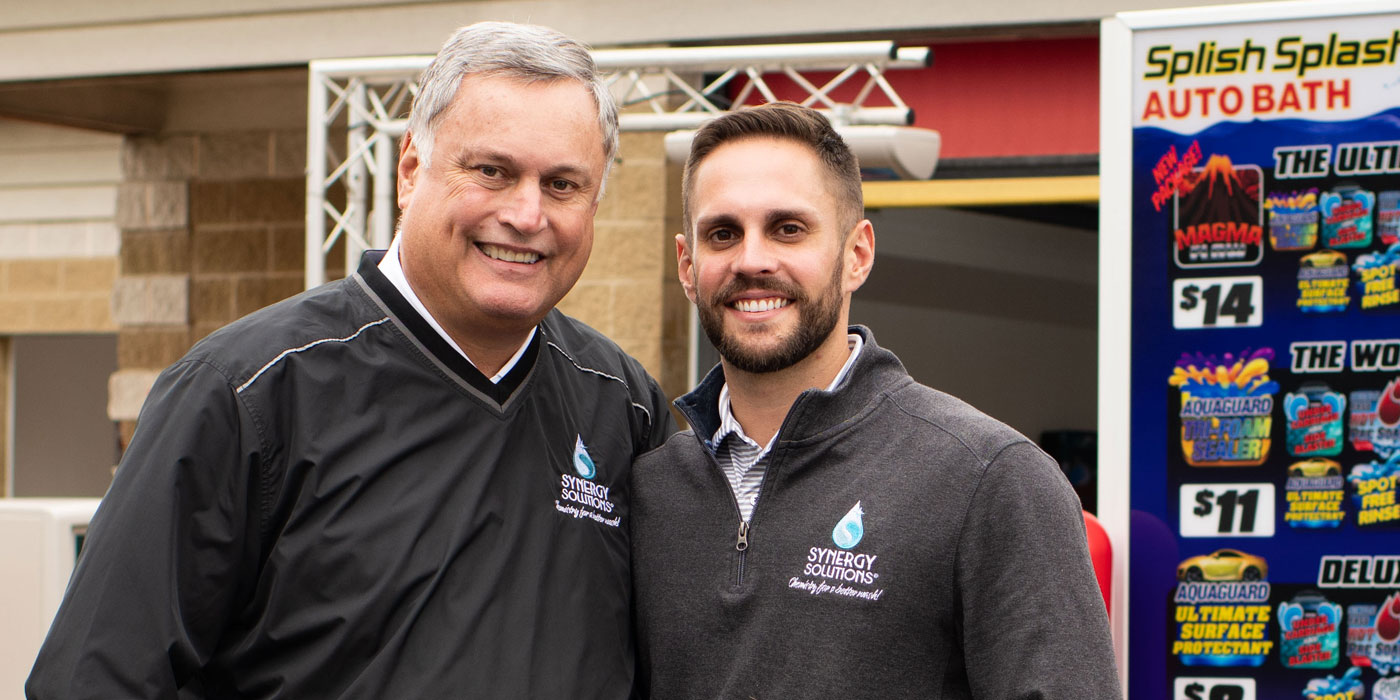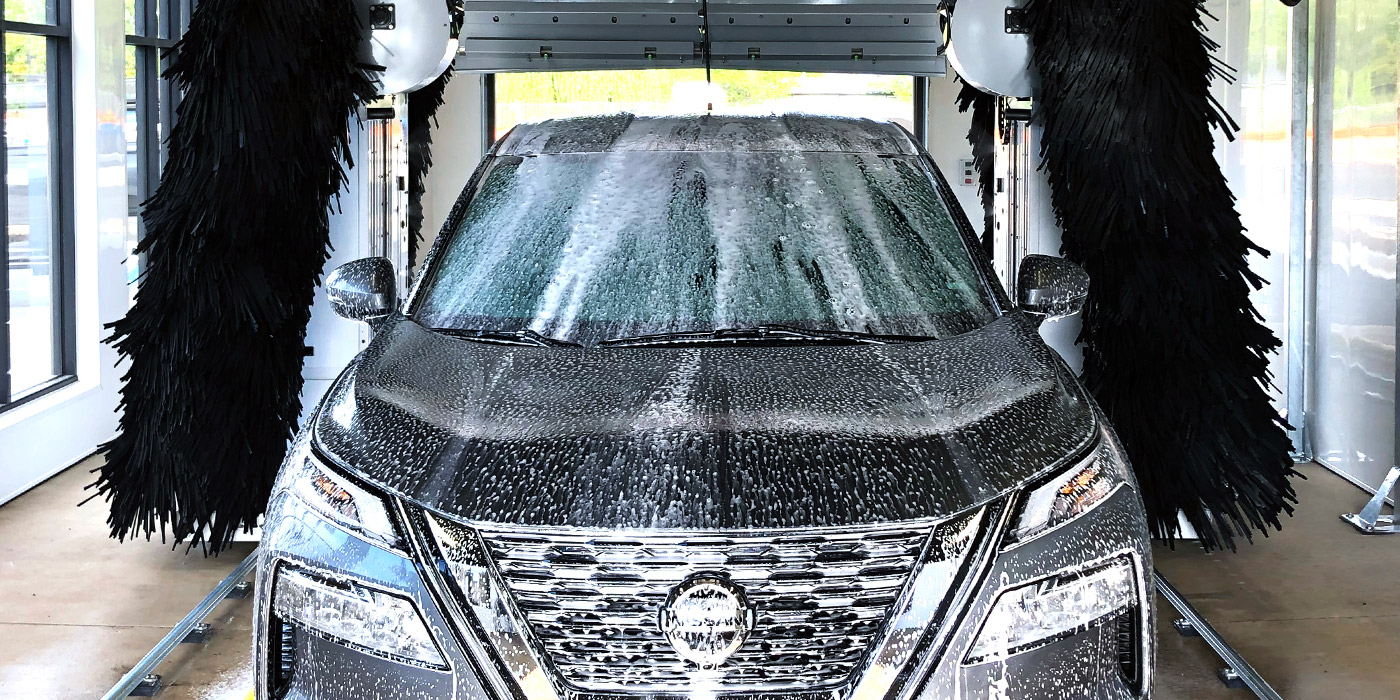As an American icon, who doesn’t have a favorite Yogi Berra quote? Since I am sometimes directionally challenged, I enjoy this relevant Yogiism: “I knew exactly where it was, I just couldn’t find it.” This quote, of course, is related to another precious Yogi statement: “If you don’t know where you are going, you will wind up somewhere else.”
But I didn’t know Yogi also had a keen insight into the carwash business. “The future ain’t what it used to be,” Yogi once said.
Wow. Who knew this beloved Hall of Fame baseball player could correctly see the considerable challenges which confront carwash operators and their suppliers?
Are better days ahead?
Astute operators, as successful retail business owners, must always pay very close attention to the prevailing shopping patterns and habits of their customers.
Moving into the new year, after five years of very disappointing carwash sales, many operators might optimistically expect 2012 to be a much more bountiful year.
Think again.
In a report, published this past November by McKinsey Quarterly, the author noted: “US consumers’ optimism about their economic situation is at its lowest point since the beginning of the recession.”
Yikes.
This report also indicated that current shopping patterns and habits, negatively impacted by the 2008 collapse of the economy, are not likely to change any time soon. The author reported: “Eighty-two percent of consumers said they were likely to stick to their frugal habits, even if the economy begins to boom again.”
This daunting challenge confronts every carwash operator in 2012: If your wash is to get better, if you hope to achieve better financial results, your business, and especially how you communicate with your customers, must get better too!
Never has there been a more important time for operators to adjust their mindsets, create, fine-tune and implement their marketing plans, and begin again with renewed energy, creativity and determination to build a bigger customer base.
Operators: Begin with a positive vision
Nothing is more imperative and urgent for the in-bay market in 2012 than operators building a larger customer base, washing more cars and making more money.
This is a clear and unmistakable task which operators (and their suppliers, too) must fully acknowledge and act upon now.
Not surprisingly, everyone knows what needs to be done — increase carwash revenues. It is only when the discussion turns unavoidably to the two most important but overlooked questions — “How do we increase carwash revenues?” and “Who does the necessary work?” — that the chronic and potentially fatal problem of declining wash counts and revenues at in-bay washes becomes incredibly more complex.
To begin, operators must have a clear appreciation of the three basic reasons why they are not washing more cars. (See “Why are in-bay washes at retail petroleum sites not washing more cars?”)
Too often in the past, operators have not truly grasped the origins of this serious problem. Two and a half years ago, for instance, in the Economic Impact Survey published by Professional Carwashing and Detailing in August 2009, 93 percent of the respondents indicated that either poor weather conditions (53 percent) or a suffering economy (40 percent) were the two most limiting factors that had negatively impacted their washes during the recent recession.
But carwash owners need not invest a lot of wasted effort to mitigate either of these two uncontrollable challenges. They must be especially concerned, however, about declining wash counts and revenues.
This devastating and potentially fatal problem must be corrected.
Successful, “best in class” operators must improve the performance of their washes by taking decisive, corrective action on three other decidedly limiting factors.
First, they must develop a different mindset. Next, they must make better management decisions. Finally, operators must plan and implement consistent, revenue-producing marketing programs each month for their washes.
It is not surprising, incidentally, that 32 percent of the operators surveyed in 2009 indicated that it was most difficult for them to attract new customers. Another 16 percent found it most difficult for them to identify effective marketing and promotional strategies.
It is here, in the area of “marketing support,” where experienced, value-added suppliers can make their greatest contribution to the industry in today’s economy.
In this “new normal,” the most successful in-bay operators will continue to deal with adverse weather conditions and a sluggish economy as best as they can, but they must also become much more skilled and properly trained to build a bigger customer base and wash more cars.
The importance of carwash revenues
Carwash revenues in the field, at the operators’ sites, not only are the most important predictor and indicator of success for both carwash operators and their suppliers. They are also the vital life-blood of the entire industry.
It is an extremely valuable exercise for both operators and suppliers to compare the financial performance of two retail petroleum wash sites with radically different capture ratios. (See “Why Carwash Revenues Count.”)
As you can see, it is evident that operators with higher capture ratios will wash more cars and make more money.
What is not at all obvious, however, is the incredible impact which higher wash counts and revenues have upon equipment suppliers too.
As industry veteran Ryan Beaty, western region vice president of sales for Mark VII Equipment, reminded me recently, c-store operators with higher capture ratios will upgrade their equipment more frequently than lower performing sites.
Suppliers: Create a new business model
Suppliers have a lot to gain in this breakthrough marketing initiative. And in this no-holds-barred battle to compete with other retail businesses, they too must think and act differently.
“Best in class” suppliers must partner with retail operators to seek new consumers and carwash customers, and thus uncover many new sales opportunities.
Indeed, the pent-up demand which is so obvious to manufacturers will only materialize into actual orders for new carwash equipment when operators start making more money.
As we now know, nothing creates more stress and upset in the carwash value chain (manufacturer-distributor-operator-customer) than declining revenues in the field.
Over time, as we have painfully experienced these past few years, a listless, inconsistent and impotent marketing effort at the operator level migrates upward, and this hidden and rarely diagnosed but potentially fatal disease surely and relentlessly attacks and erodes both the image and the service capability (and ultimately, the sales and profitability) of even the best and most well-established manufacturers and distributors.
Successful, “best in class” suppliers in 2012, then, must work as close partners with their customers, the retail operators, and together they must strive to wash more cars and make more money.
Survival of the fittest
To be sure, this partnership between the operators and their suppliers is not a done deal. Nor is a closer relationship inevitable, in spite of the fact that both parties certainly would benefit immensely from this favorable development.
It is quite possible, perhaps, that the two groups could prove to be as fractious and intractable as our current “do-nothing” Congress, or as petulant and unpredictable as the Kardashian sisters.
But in this uncertain economic climate, smart operators and value-added suppliers would be especially well served to pay close attention to the scientist Charles Darwin, who is famously known for his proven study of evolving organisms.
“It is not the strongest or the most intelligent who will survive,” Darwin stated, “but those who can best manage change.”
The most important change in the in-bay market in 2012 will be the concerted effort by operators and suppliers to build larger customer bases at each site.
By creating more revenues in the field, by deliberately and decisively “broadening the pond,” this almost intolerable period of scarcity will come to a thankful end.
In a remarkable display of industry cooperation and mutual self-preservation, in-bay operators and innovative suppliers, I predict, will work well together this year, planning and implementing marketing programs and promotions to increase wash counts and revenues, making their own individual businesses stronger.
Both operators and suppliers will benefit enormously from this dedicated and inspired effort, and the washes in each community will also gain much local notoriety.
As Yogi would say, “Nobody ever goes to that carwash any more. It is always too crowded.”
In this exclusive Professional Carwashing & Detailing series covering the in-bay market, Perry next month summarizes the five traits of world class in-bay operators.
Perry has more than 30 years’ experience in retail marketing and in business-to-business sales. He can be reached at 770-330-2490, or at [email protected].

